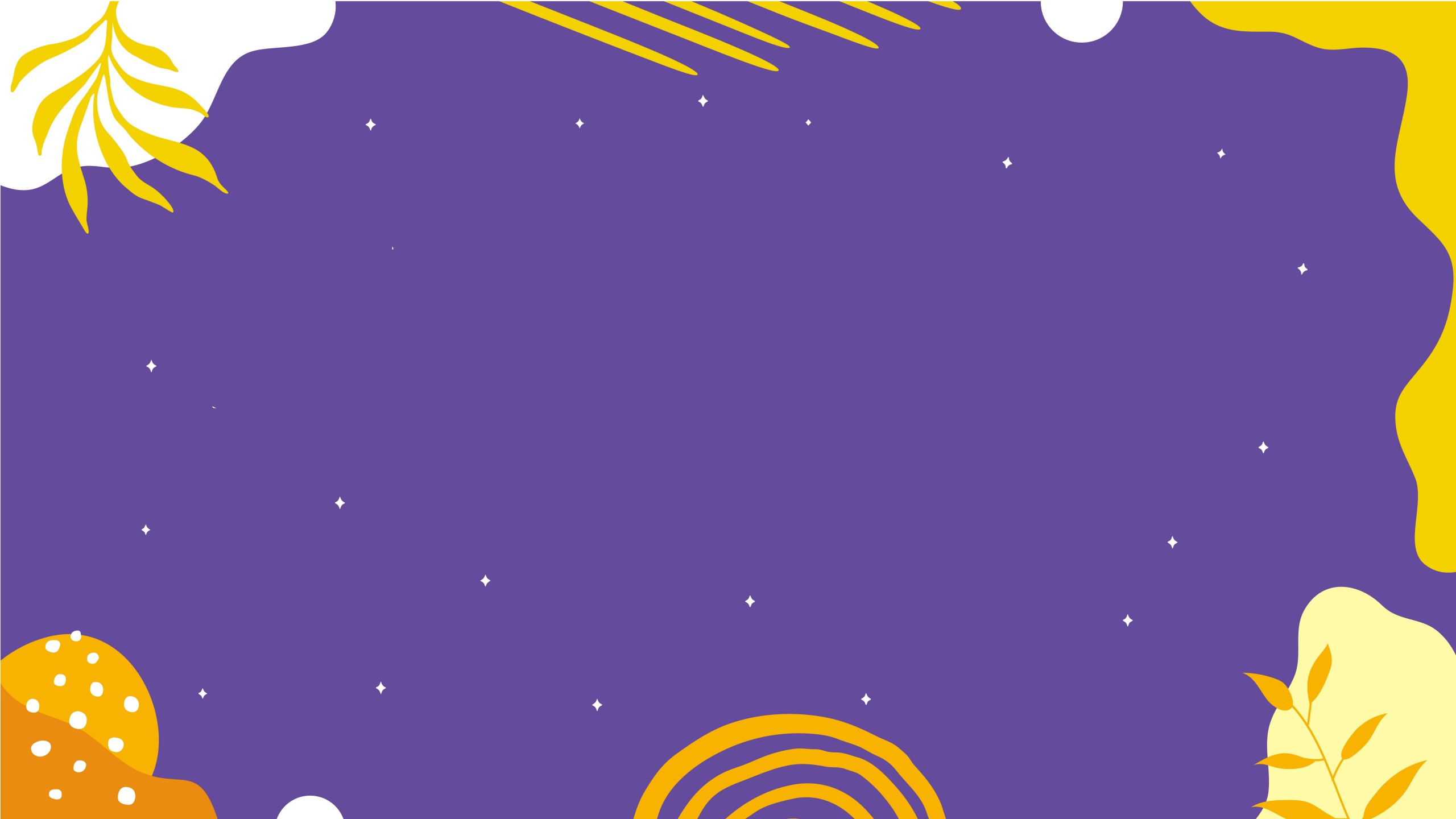Creativity is the cornerstone of innovation and problem-solving, qualities that every human needs to navigate the world. Because of this, it’s important that creativity is fostered in children as early as possible with things like interactive learning tools.
And because there’s nothing more depressing than a child with no creativity. You toss them a toy and, instead of proceeding to create worlds in their minds starring said toy, they just stare at it and you like they’re trying to set you all on fire. It’s terrifying and something we shouldn’t witness outside of a sequel to The Omen.
That being said, fostering creativity is not only about preparing children for future challenges but also equipping them to make meaningful contributions to their communities. Interactive learning tools offer engaging and practical ways to nurture creativity, combining education with fun and exploration.
In this article, we’ll explore interactive learning tools tailored to the Nigerian context, considering factors such as affordability, cultural relevance, and accessibility. These tools are ideal for parents, teachers, and guardians looking to spark the imagination and creativity of children in Nigeria.
Books

Reading is one of the most effective ways to nurture creativity in children as it expands a child’s vocabulary and stimulates imagination. It’s also the one way you can begin while a child is still in utero. Yup. Research suggests that third-trimester babies not only pick up on language patterns, but after birth, can recognise words they first heard in the womb. So if you decide to introduce your soon-to-be-born child to fictional worlds like the kind in Chinua Achebe’s “Chike and the River” or kickstart their journey towards music with TANI’s “I’m a Nigerian in Music”, nothing do you.
Art and Crafts

From crayons and colouring books to DIY craft kits with beads, glue, and recycled materials, the possibilities for creativity are endless with arts and crafts, as they provide literal hands-on experiences that help express themselves. You can have them decorate spaces, make special cards for occasions, etc. You can have them decorate spaces, make special cards for occasions, or build small projects. Keep in mind that because they’re still figuring things out, these projects won’t be great or even good. Nevertheless, encourage them. Hang up their artwork around the house so they sense your pride and feel inspired to keep creating.
Educational Apps

Some parents dislike their children engaging with screens, but we believe there should be exceptions. With the prevalence of mobile technology in Nigeria, interactive learning tools like educational apps are a cost-effective way to blend creativity and learning. Apps like Ubongo Kids provide interactive games, animated lessons, and storytelling tailored to African cultures and contexts, available for free or at very little cost.
Music

Music is a universal language that promotes expression. Encouraging children to explore music by playing with instruments or dancing to music you provide for them is great for their creativity because it enhances cognitive development and improves physical coordination — something children notoriously lack. It goes without saying that the kind music we’re referring to here is age-appropriate music.
Building Blocks

Building blocks like LEGOS provide children with an introduction to engineering and design. As an adult, you might see it as just building silly robots and spacecrafts but these tools actually teach kids how to think critically, solve problems, and build structures from scratch, while also offering opportunities for them to learn through trial and error.
Community Programs

Organisations like Dream Catcher’s Academy and Chess in Slums run programs that promote art, drama, and chess among children. These programs demonstrate how to use learning tools to boost creativity in Nigerian kids by providing structured environments where kids can learn and grow together creatively. Working in groups teaches teamwork, leadership, and communication skills while allowing kids to explore their talents.
—–
Fostering creativity in Nigerian kids is not just about equipping them for future careers; it’s about helping them become confident, curious, and innovative individuals. The interactive tools mentioned above are practical, affordable, and culturally relevant, ensuring they resonate with the Nigerian context. By investing in these tools, parents, educators, and communities can nurture a generation of thinkers and creators who are ready to shape the future.




